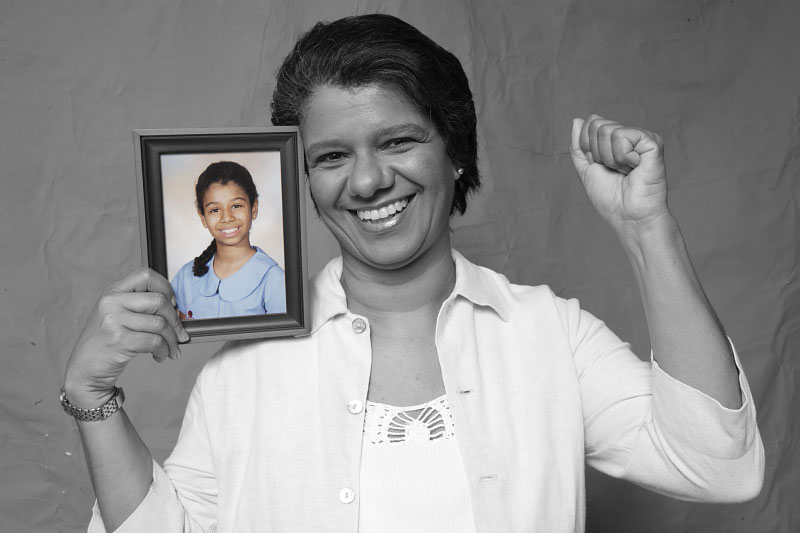Professor Susan Walker
PROFESSOR OF NUTRITION
TROPICAL MEDICINE RESEARCH INSTITUTE
FACULTY OF MEDICAL SCIENCES
MONA CAMPUS, JAMAICA
Tel: (876) 927-2471 • Email: Susan.Walker@uwimona.edu.jm
PROFILE
Professor Walker joined the Tropical Metabolism Research Unit (TMRU), UWI in 1985 after receiving a PhD from the University of London, UK. In 1994, she obtained a one-year scholarship from the Pan American Health Organisation (PAHO) to complete an advanced research training fellowship at the Harvard School of Public Health. Professor Walker was appointed Senior Lecturer in 1995 and Professor of Nutrition in the Epidemiology Research Unit, Tropical Medicine Research Institute (TMRI) in 1999. She leads the Child Development Research Group within the TMRI. Awards received during her career include the Principal’s Award for Most Outstanding Researcher, Faculty of Medical Sciences, 2007; Principal’s Research Award for Best Research Publication, Faculty of Medical Sciences, in 2007 and 2008; and the Vice Chancellor’s Award for Excellence in Research, 2007. The Child Development Research Group was also the recipient of the Principal’s Award for Outstanding Contribution to Public Policy in 2006. Through her research, Professor Walker has demonstrated that a home visiting stimulation programme has sustained benefits for undernourished children’s cognitive ability, education and emotional well being through to age 18 years. The programme delivered by community health aides, aims to improve mother-child interaction, increase stimulation and play. She and her group have also demonstrated that this intervention can be successfully integrated into existing health services. Professor Walker is a member of the International Early Child Development Committee which promotes research on child development in developing countries and translation of research to policy.
RESEARCH INTERESTS
Professor Walker’s main research interests are the effects of early life experiences, including nutrition, health and psychosocial factors, on children’s development and behaviour and the design and evaluation of sustainable interventions to improve children’s cognitive and behavioural outcomes. The most important study has been a trial of supplementation and stimulation with stunted children and follow-up of these children and a group of non-stunted children from age 1 to 18 years. This work has been used by UNICEF, WHO and the World Bank to demonstrate the need to integrate child development services into nutrition and health programmes. Other research includes the impact of health and nutrition in school aged children and adolescents, effects of term low birth weight, and evaluation of interventions to promote social and emotional competence in young children to prevent later aggressive behaviour.
